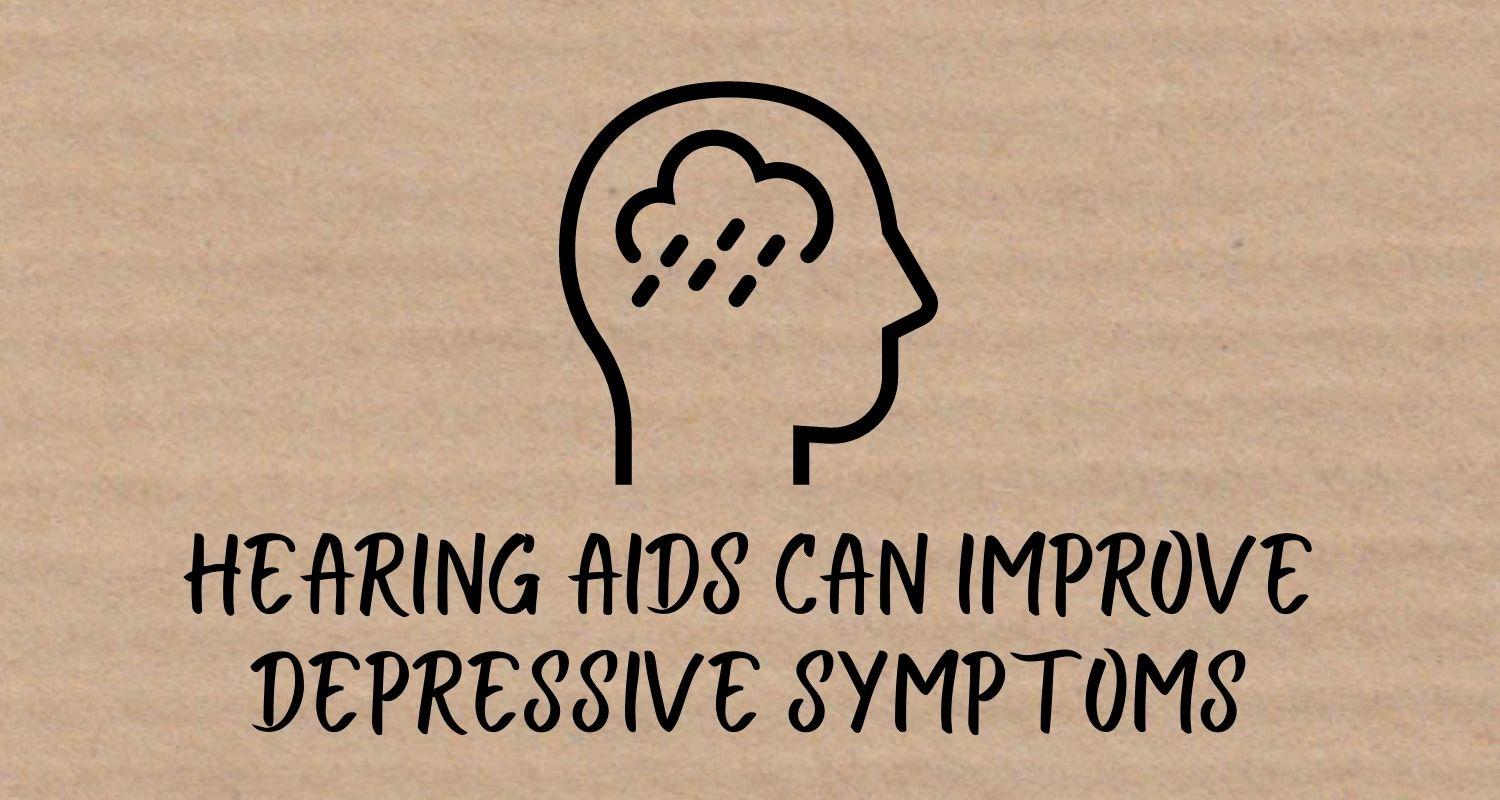
- Exploring the Genetic Landscape of Hearing Loss: Understanding the Role of Genetics - April 15, 2024
- The Hazards of Pretending to Hear - March 25, 2024
- Navigating the World of Cochlear Implants: A Comprehensive Guide - March 15, 2024
The impact of hearing loss is often minimized to experiencing hearing challenges. But these hearing challenges can affect every aspect of an individual’s life. Communication is an essential way we navigate our daily lives and make sense of the world. Hearing loss symptoms strain communication by making it difficult to hear and process sound. Conversations, social interactions, and spending time with others requires extra energy for people with hearing loss which is why it is common that this is avoided. Social withdrawal is a major effect of untreated hearing loss which contributes to experiencing depressive symptoms. Fortunately, recognizing these symptoms and intervening by treating hearing loss can alleviate the impact hearing loss can have on mental health and wellness.
Link Between Hearing Loss & Depression
Research shows that untreated hearing loss can increase the risk of experiencing depressive symptoms. This includes a study published in JAMA Otolaryngology-Head & Neck Surgery in 2015. To assess the link between hearing loss and depression, researchers analyzed data that was collected on a national health survey for 18,318 people. Data included self-reported hearing loss information, a questionnaire that assessed depressive symptoms and results from hearing tests. Researchers found that the prevalence of moderate to severe depression was:
- 4.9% for individuals reporting excellent hearing
- 11.4% for people who reported a little to greater hearing loss
These statistics highlight that people experiencing hearing loss were twice as likely to also experience depressive symptoms, revealing another major impact of hearing loss.
Researchers suggest that strained communication over time can easily lead to social withdrawal. Conversations become challenging to participate in because of hearing loss symptoms which make it difficult for people to hear. This can cause those with hearing loss to frequently ask others to repeat themselves, move to a quieter area to hear more clearly, miss words or parts of a conversation, lip read to identify individual words, etc. Doing all of this work can be exhausting, lead to miscommunication, and contribute to unpleasant interactions. To avoid this, people avoid conversations altogether which means spending less time with others, skipping out on social events, and not participating in activities. Social withdrawal affects relationships and deteriorates social life which produces depressive symptoms.
Hearing Aids Alleviate Depressive Symptoms
Treating hearing loss offers countless benefits that can profoundly improve the quality of life. This includes transforming hearing and improving depressive symptoms. Hearing aids are the most common treatment for hearing loss. These electronic devices are designed to absorb, amplify, and process sound which provides the ears and brain with ample support. This maximizes hearing capacity and alleviates symptoms which makes it easier to navigate communication. Numerous studies highlight the positive impact of hearing aids and how they improve depressive symptoms. This includes a 2016 study that evaluated the impact of wearing hearing aids and cochlear implants on depressive symptoms. The study included 113 participants, ages 50 and older who wore hearing aids or cochlear implants. Participants were assessed at the 6 months and 1-year mark of wearing their hearing aids and researchers found depressive symptoms improved by 28% after 6 months of wearing hearing aids. Depressive symptoms continued to decrease – by 16% at the 12-month mark.
Findings from this study highlight that hearing aids can profoundly alleviate depressive symptoms. They do this by providing critical hearing support that allows people to navigate social settings, conversations, and spending time with others much more easily. People are better able to be fully present and engaged, enhancing quality time. This strengthens relationships and social connections as well as boosts confidence and independence. This helps people live more fully which contributes to an enhanced quality of life.
Prioritize Hearing Health With Our Team
The first step you can take to prioritize your hearing health is scheduling an appointment for a hearing consultation. This appointment involves having your hearing assessed which establishes the baseline of your hearing health. We provide a range of services and individualized care that takes the time to identify and treat your specific needs. We are invested in helping you achieve optimal health so that you can move through your days with ease and comfort. Call us today to learn more.
